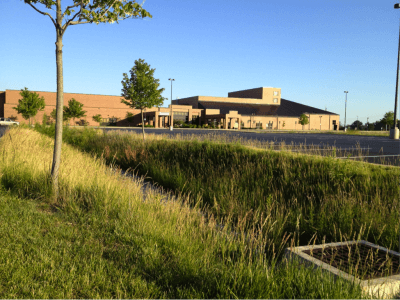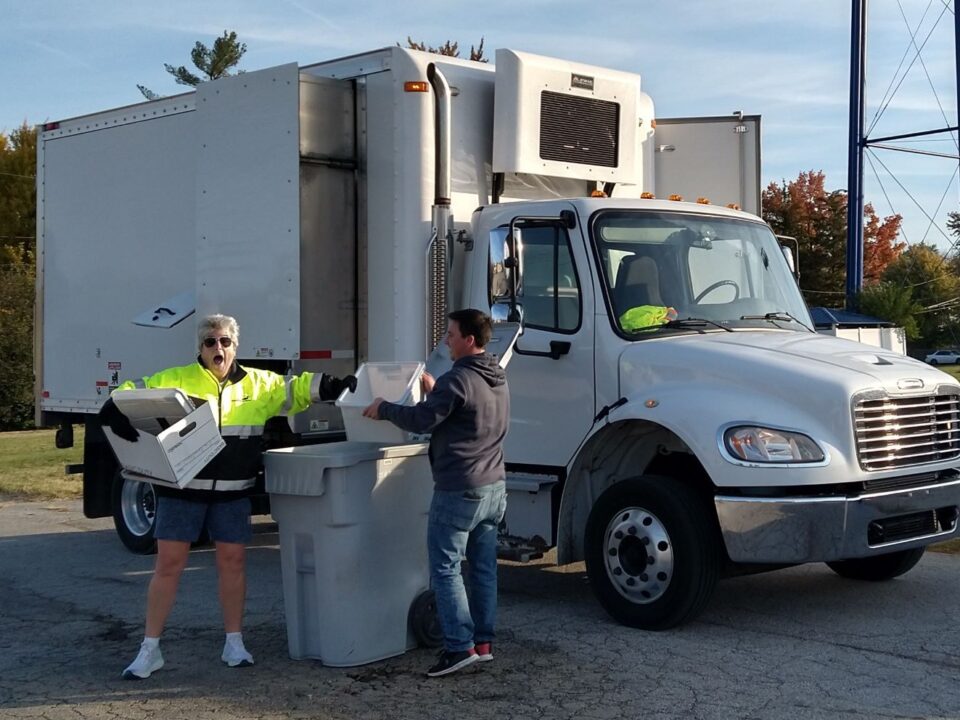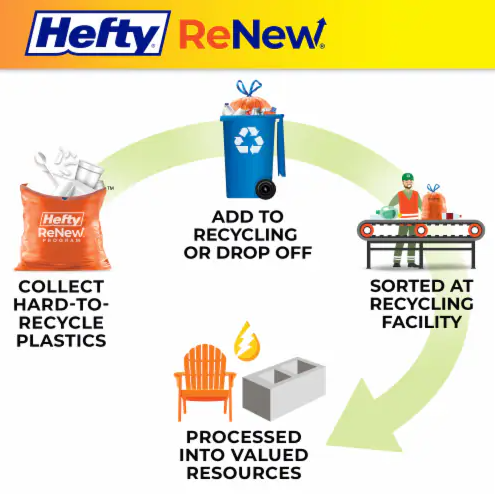The Plastic Grocery Bag Dilemma
June 15, 2016Stream Green with this ECS TV Guide
August 19, 2016The Hilliard Environmental Sustainability Commission’s focus is on local projects right here in Hilliard, and rightfully so, but in this post we check in with efforts being made on a slightly larger scale. What environmental sustainability issues are being discussed in the state of Ohio and in the Great Lakes region overall? For insight we asked Madeline Fleisher, Staff Attorney for the Columbus office of the Environmental Law & Policy Center (ELPC). The ELPC is a non-profit public interest organization that focuses on a range of policy issues related to environmental sustainability across nine Midwest states. We spoke with her about the work of the ELPC and about how the residents of an Ohio community such as Hilliard can positively affect policies in these areas of focus.
In particular, Madeline’s recent focus has been on clean energy and water quality policies. She explains how the ELPC chooses its battles in Ohio: “In some sense, the way we choose [which policies to influence] is pretty obvious: we want to choose the ones that have the greatest impact on the most people and on the environment.” She adds that in order for the ELPC to demonstrate to policy makers that there is popular support for environmental concerns there must be a certain level of awareness about a particular issue. Toxic algae blooms and water quality across Ohio are issues that Madeline cites as having the attention of Ohioans at the moment.
When the ELPC works with policy makers who might otherwise be resistant to their proposed policy changes, they aim to have good conversations and to create “win-win” scenarios. To accomplish this the ELPC employs analysts who provide policy makers with background research and technical information. “People want to be knowledgeable [about the issues up for debate],” Madeline states, “and that’s one way the ELPC can be valuable to them.”
The ELPC’s organizational structure is also an asset in creating the “win-win” opportunities it strives for. The organization has its headquarters in Chicago, a presence in the nation’s capital and a half dozen regional offices spread through the Midwest. The structure has distinct advantages, Madeline explains. “We don’t ever want to just say ‘No’ to people and since we have staff all over the region we can say, ‘Here are some things that are working in Illinois and in Minnesota and in Michigan.’” She continues: “And the good thing is that right now there are a lot of win-wins available–in clean energy especially.”
Madeline suggests that a major ELPC focus over the coming year will be the unfreezing of Ohio’s renewable energy standards. The thaw, set to occur in 2017, comes at the end of a two-year freeze ushered in by 2014’s Senate Bill 310, which hit the “pause” button on Ohio’s long-term renewable energy goals.
The unfreezing would allow Ohio to continue asking electricity utilities to meet annual goals, which were set in 2008, for renewable energy investment. However, the unfreezing is no longer inevitable. When the state legislature returns from summer recess, they will debate Senate Bill 320 and House Bill 554, both of which call for extending the freeze.
We asked Madeline how we Hilliard residents can complement the ELPC’s efforts for better environmental policies in Ohio. “I keep in mind that it’s my job to do this. I understand that the average person can’t dedicate all day every day to environmental issues,” she explains. “I think about what’s reasonable. Even if people only have five minutes a month to think about it, that’s okay.”
And with those five minutes a month? As Madeline suggests: “Communicate to policy makers. Let them know what matters to you.” This month, a word emphasizing the importance of the unfreezing would be timely.





